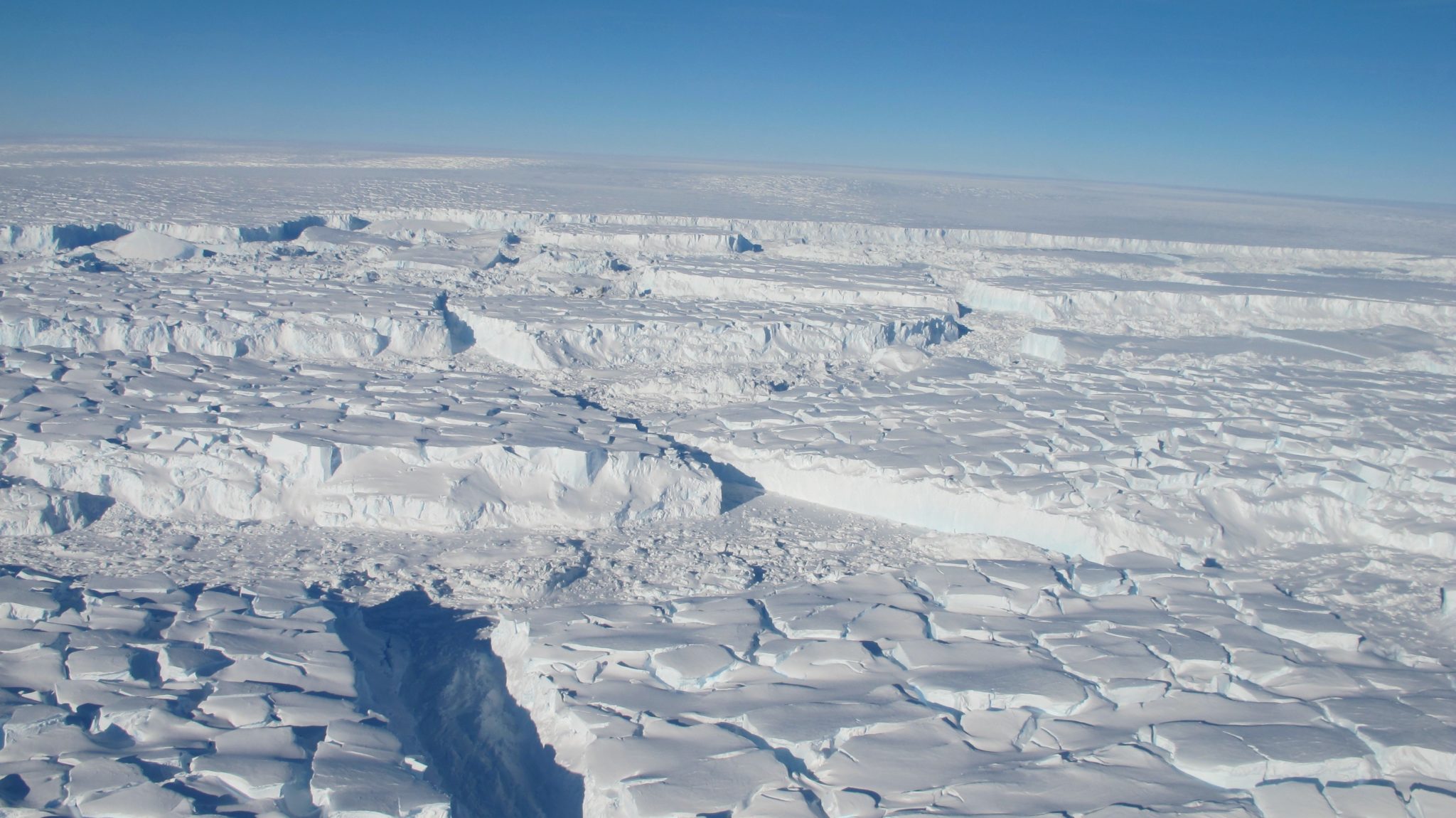West Antarctic Ice Is Almost Entirely Compromised, According To New Research

In less than a quarter of a century, climate change has led to a significant temperature increase at the level of the oceans. A new study argues that the warm ocean water was able to compromise 24% of the ice found in West Antarctica. A team of researchers from the Center for Polar Observation and Modeling, located in the UK, used data collected in 25 years by satellites employed by the European Space Agency and a complex model of the regional climate.
The researchers discovered that the Antarctic ice sheet lost up to 122 meters in select areas, with West Antarctica suffering major losses as the ocean melting led to a glacier imbalance. In the long run, glaciers which are affected by this phenomenon are unstable, and they will tend to lose even more mass due to ocean melting and iceberg calving in the long run.
Starting with 1992 the pattern of the ocean melting has spread across 24% of West Antarctica and major ice streams, including the Thwaites Glaciers and the Pine Island, as the speed at which ice melts is in the present is up to five times bigger than it was when the initial survey began.
A new study argues that a large percent of the West Antarctic Ice is compromised
Over 800 million measurements of the Antarctic ice sheet were recorded by a group of four satellites from 1992 to 2017. Using the RACMO regional climate, the researchers were also able to create snowfall simulations for the same period.
The information collected from the two sources allowed researchers to separate the changes caused by global warming from the ones which occur due to weather patterns. The main goal was to differentiate between the changes and learn more about the effects of ocean warming in the long run.
Since the polar regions cannot be accessed easily by foot, the satellite data played an important role in the study. The results were published in a scientific journal.
0 comments